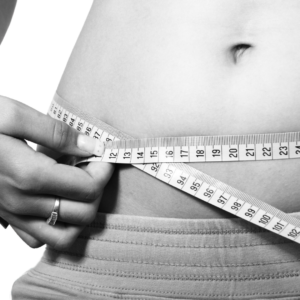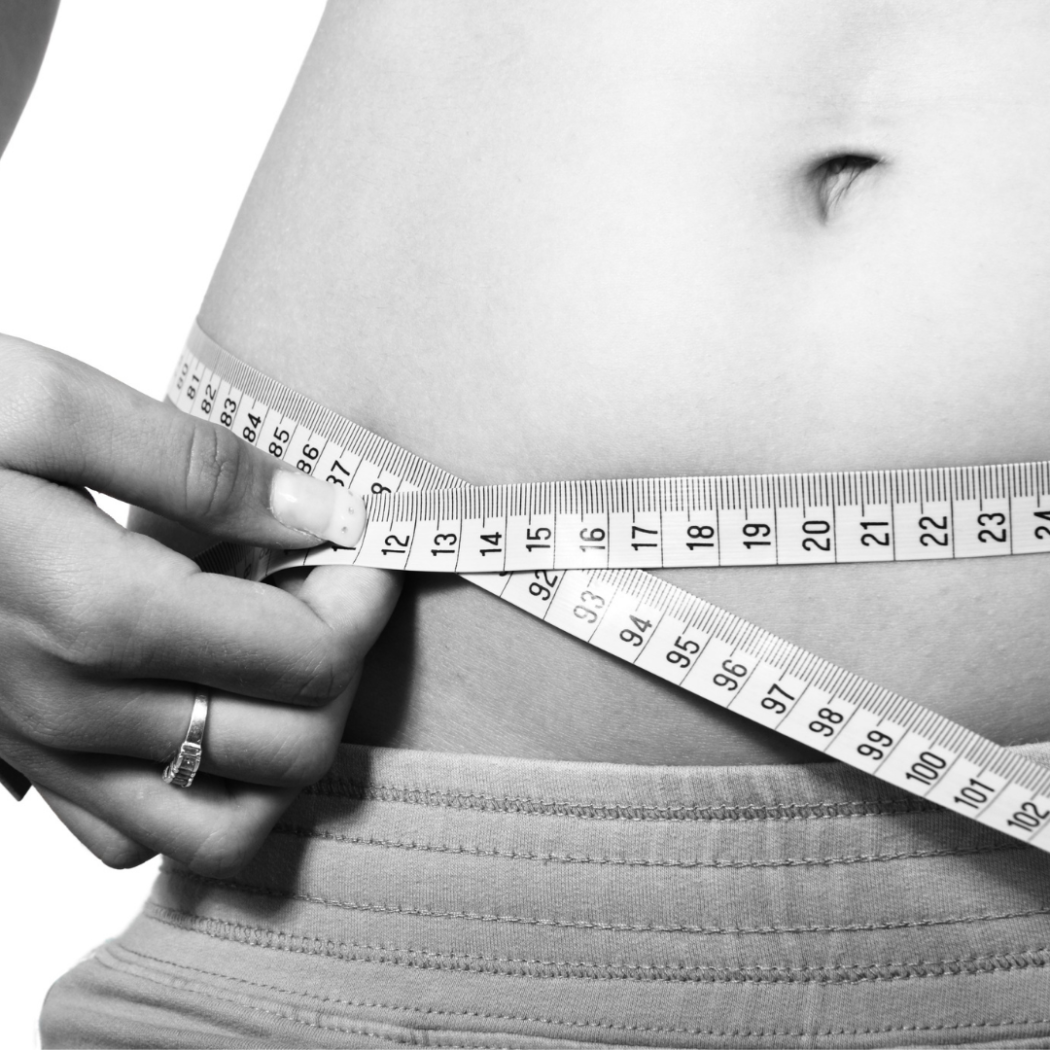 My earliest diet culture memories trace all the way back to when I was about 8 years old at a Chinese restaurant. At this restaurant, four long tables stood in a square shape, in which our cook made our food in the middle for us all to watch. I remember little about that day, but I do remember this: I told the woman next to me I was limiting what I ate because I was on a diet.
My earliest diet culture memories trace all the way back to when I was about 8 years old at a Chinese restaurant. At this restaurant, four long tables stood in a square shape, in which our cook made our food in the middle for us all to watch. I remember little about that day, but I do remember this: I told the woman next to me I was limiting what I ate because I was on a diet.
Children are not immune to the power diet culture holds. Sickeningly, parents have put children in dieting programs like Weight Watchers, and this phenomenon isn’t far from the norm: After all, Weight Watchers released Kurbo, an app to help children as young as 8 years old lose weight, in 2019. And now, in the time of COVID-19, jokes about the “quarantine 15” have increased dieting behaviors and weight concerns.
And that’s not all — dieting is the biggest predictor of an eating disorder, which is the second deadliest mental illness. Additionally, some children as young as kindergarteners have had eating disorders.
Weight Watchers isn’t the only entity to blame; diet culture is everywhere. All it takes is a trip to the grocery store, in which Woman’s World magazines are at the front of the store and its dominant feature almost always advertises a new weight loss regimen. Additionally, characters in TV shows and movies are often thin — other than the “dumb sidekick” tropes played by fat people. Mattel created thin Barbies for 57 years before creating a curvier one. When marketing food, advertisers portray “healthier” options as “smarter” and “stronger.” And some people of all ages and identities engage in diet talk, which can look like moralizing food (and therefore the people who eat the food) and talking about restricting or overexercising. Kids, desperate for attention, love and affirmation, hear those words and take them to heart.
As we can see, other than the role humans play in perpetuating diet culture through their conversations, two major culprits of dieting and eating disorders working hand in hand are capitalism and fear.
Diet products — weight loss pills, the “health” versions of foods, dieting magazines, weight loss programs, and more — first, aren’t cheap, and second, feed off the fear they ignite through convincing us we aren’t good enough. They make us terrified of weight gain so we’ll buy their (expensive) products.
Dieting doesn’t work for weight loss in the long term, though: 97 percent of people who diet regain the weight, and sometimes more, within three years.
Diet culture and diet products then step in, saying we regained the weight because we messed up — so we fall into their trap and buy those (expensive) diet products once again.
In that way, dieting does work, just not in the way many people hope. Dieting works in that it does what it’s meant to do: uphold capitalism. Regardless of your opinion on capitalism, we can agree health science doesn’t justify dieting, like many believe.
In fact, the body mass index (BMI) scale, which doctors and other people commonly reference to determine whether someone is “healthy” according to their weight, was changed by a man consulting with diet-related companies and so the ranges were easier to remember. In turn, 29 million Americans became “overweight” overnight.
Dieting has never been about health — it’s about money, fatphobia (which is because of a variety of oppression-based factors) and fear. And when we feed into it, the health and wellbeing of people — including children — are at risk. Statistically, at least 30 million Americans have struggled with an eating disorder at some point, and at least 45 million Americans have been on a diet.
And let me repeat this: Dieting is the biggest predictor of an eating disorder, and eating disorders are the second deadliest mental illness. Further, no one is immune to either — people of all identities can and do struggle with these two.
And at least 20 percent will die from it.
So how can we fight against the power of diet culture to save ourselves and others?
We can actually do a good bit. We can educate ourselves further on how problematic and inaccurate diet culture is. We can attend a training to learn how to be a compassionate and effective ally to those struggling with eating disorders. One of these trainings is local: Embody Carolina, an organization at UNC-Chapel Hill, hosts trainings and is now doing so online because of COVID-19.
Additionally, we can refuse to give in to diet talk when others start conversations about it. We can start our own conversations instead about how diet culture isn’t rooted in health or science, but capitalism and forms of oppression. We can encourage people to eat what they’re craving and to not exercise if they’re hurt or sick. We can talk about how kids hear diet talk and can develop full-blown, deadly eating disorders.
It’s past the time to change the conversation around food, exercise, dieting and health. People’s lives are at stake.
 Ashley Broadwater is a recent graduate of UNC-Chapel Hill, where she studied Public Relations in the Hussman School of Journalism and Media. She’s passionate about mental health, body positivity, relationships, Halloween and Dad jokes.
Ashley Broadwater is a recent graduate of UNC-Chapel Hill, where she studied Public Relations in the Hussman School of Journalism and Media. She’s passionate about mental health, body positivity, relationships, Halloween and Dad jokes.

There are no comments
Add yours